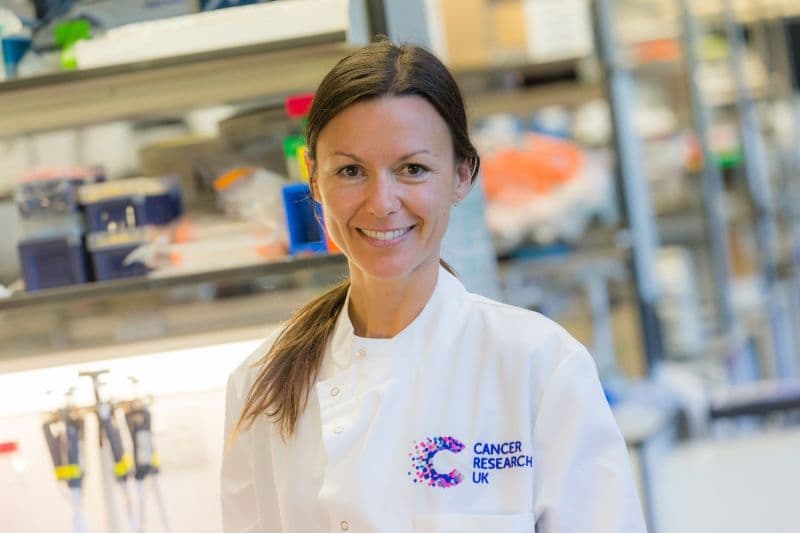
We support a broad portfolio of discovery research that provides fundamental insight into the mechanisms by which cancer develops, progresses and responds to treatment.
The research we support spans different levels of biological organisation from molecular mechanisms to cellular behaviour and cancer at the whole-body scale. We support multidisciplinary research that aims to create or apply novel technologies and methodologies, including for imaging and radiotherapy, to address previously intractable questions in cancer.
We have a range of grants available for you and your research group, whether you're looking for programme funding for your lab, grants for specific projects or fellowship funding to develop your career.
Explore all funding opportunitiesWe will support investigations into all types of cancer, in particular our six cancers of unmet need — brain, liver, lung, oesophageal, pancreatic and stomach cancers and children and young people’s cancer.
We will invest in pioneering research that enhances our understanding of the biology of early, pre-invasive, localised and metastatic disease.
Explore our work in cancers of unmet need
Explore our work in children's and young people's cancer research
We will support hypothesis-driven cutting-edge research, ranging from discovery science to early-stage translational research, that clearly articulates the potential ultimate patient benefit.
We will invest in high-quality research that addresses clinically relevant questions by investigating underpinning biological mechanisms, which can include utilising data-rich sample collections and disease-relevant model systems.
If your research is focused on early detection, prevention or therapeutic development, please view our other funding schemes for opportunities in these areas.
Explore our work in research translation
Our funded researchers gain access to our network of facilities and resources to support your research.
Our four core-funded research institutes provide an exceptional environment for discovery science. Our institutes are home to research groups working across all areas of cancer science, supported by state-of-the-art facilities. As hubs for discovery research, our institute groups and core facilities are open to collaboration opportunities with the wider cancer research community.
The joint AstraZeneca-Cancer Research Horizons Functional Genomics Centre offers access to cutting-edge CRISPR technology to facilitate the creation of new cancer medicines and the improved use of existing cancer medicines.
Cancer Grand Challenges is a global research initiative that identifies the toughest challenges in cancer research. With awards of up to $25m, it empowers global, interdisciplinary teams to take them on.
Our Discovery Research Committee is responsible for the strategic development, funding and review, oversight and evaluation of our portfolio of basic, early translational research programme awards.
Learn more about the committee
We fund the best research from across the spectrum of discovery research. You can find out who we have recently funded for a taste of the kinds of projects and programmes that we support.
Explore our recently funded awards
Explore the latest articles and blogs for researchers, featuring advice, guidance, network updates and research projects.

Why do some childhood cancers resist treatment? Alejandra Bruna and her team of researchers at the Institute of Cancer Research are uncovering how tumour cells “play dead” and later revive without genetic changes. Read on to hear how their work blocking these transitions could help transform relapse prevention.

What can whales, elephants and naked mole rats teach us about preventing cancer? Evolutionary biologist Alex Cagan explores how these extraordinary animals evade cancer.

Cancer incidence increases with ageing – except in the very old, where rates of the disease drop. Why is that? Tuomas Tammela and Xueqian Zhuang tell us how they are digging into the problem.
We have a variety of fellowships, bursaries and other career development opportunities for academic and clinician researchers, whether you're new to the lab or looking for funding to start your independent research group.
Explore our research career development opportunities
We host scientific conferences, workshops, webinars and other events. Join us to hear about the latest science, present your research and network with our exceptional community.
Subscribe to our newsletters to hear about the latest news, funding opportunities, events and conferences and other research stories.